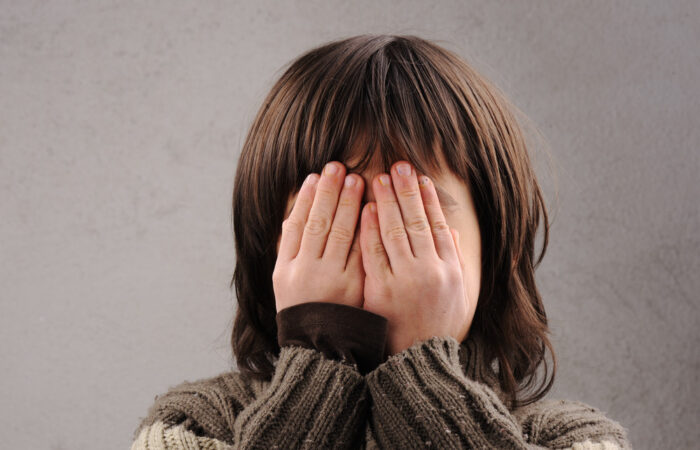Abuse in any form is a tragic violation of human rights, leaving victims with deep emotional and physical scars. The trauma endured by victims can often lead to debilitating mental health conditions, including depression and anxiety, increasing the risk of suicide, making child abuse awareness critical. Suicide prevention is therefore crucial for individuals who have experienced abuse, as it offers a path to healing and recovery, equipping them with the necessary tools to reclaim their lives. Understanding how abuse impacts mental health is key to developing effective support systems and fostering resilience in those affected.
Protect Our Children
Children are among the most vulnerable to the devastating effects of abuse, with long-lasting repercussions on their development and well-being. According to the National Children’s Alliance, nearly 2,000 children died from abuse in 2022, highlighting the dire need for comprehensive prevention strategies. Beyond immediate physical harm, abuse deteriorates a child’s sense of safety and trust, often resulting in feelings of hopelessness. Integrating mental health support and suicide prevention initiatives into child protection measures can help mitigate these effects, offering a lifeline to those in need.
Identify Unresolved Trauma
People who have experienced abuse at a younger age are often left grappling with unresolved trauma. This can manifest as low self-esteem, difficulty forming healthy relationships, and an increased risk of self-harm or suicidal thoughts. It is essential for mental health professionals to recognize the signs of abuse-related trauma and provide targeted therapies, such as trauma-focused cognitive-behavioral therapy. By creating a supportive environment, survivors are more likely to feel valued and empowered, reducing the risk of suicide and fostering long-term recovery.
Boosting Awareness
The social stigma surrounding both abuse and mental health issues often deters victims from seeking help. Fear of judgment, shame, or disbelief can prevent individuals from accessing the resources they desperately need. Educational campaigns promoting awareness and empathy can play a vital role in suicide prevention, encouraging open dialogues and breaking down barriers to support. Society must strive to create a culture where survivors of abuse feel heard and validated, making it safer for them to reach out and seek the help they deserve.
Suicide prevention is a critical component in the journey of healing for victims of abuse. By acknowledging the deep-rooted impact of abuse and building robust support systems, society can help survivors move beyond their trauma. Greater child abuse awareness, empathy, and tailored interventions are essential in protecting the mental well-being of those affected, paving the way for recovery and resilience. Through concerted efforts, we can work to ensure that no survivor of abuse feels isolated or powerless in their struggle. Reach out to the Child Abuse Prevention Council of San Joaquin County for resources.


